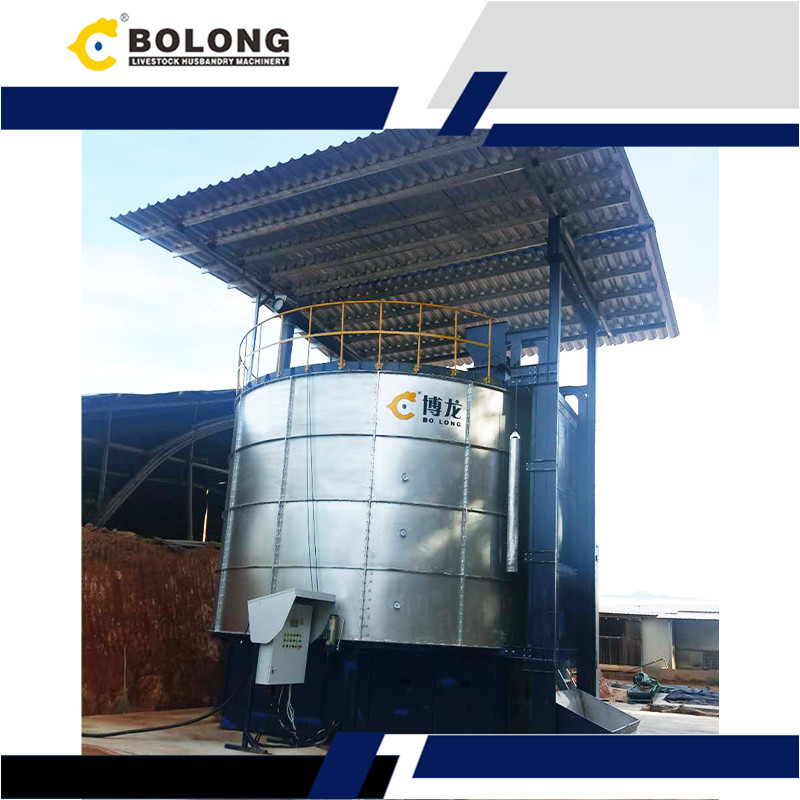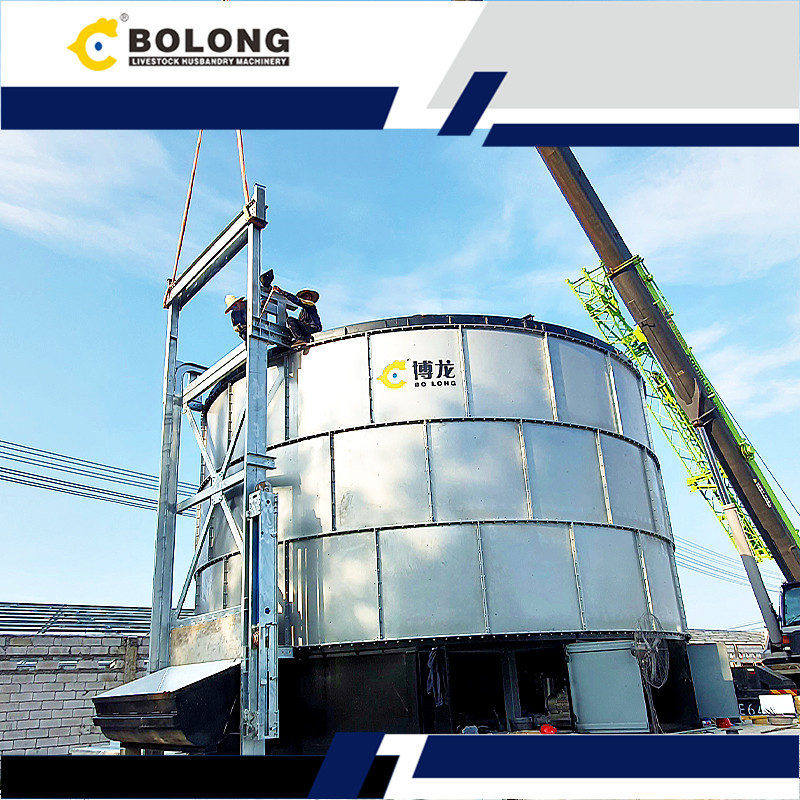Biological Fertilizers, as an environmentally friendly and efficient fertilizer option, is becoming increasingly popular among modern agricultural producers. It not only uses microorganisms to improve soil structure, but also improves the absorption and utilization rate of nutrients by plants, thereby reducing dependence on traditional chemical fertilizers. The application of biological fertilizers can also enhance the disease resistance and stress resistance of plants, which is of great significance for promoting the healthy growth of crops.
First, collect the original bacterial flora. Select a mountainous area with dense forests and bury the rice in the fallen leaves. After about 10 days, you will get the original bacterial flora rich in indigenous bacteria. Secondly, mix the collected original bacterial flora with rice bran, brown sugar, etc. in a certain proportion, and adjust the water appropriately to facilitate the reproduction of microorganisms. After about 10 days, you can make your own biological fertilizer.
This method quickly converts nitrogen sources such as animal manure and carbon sources such as plant fallen leaves and straw into decomposed organic fertilizer through high-temperature fermentation. Pay special attention to temperature control during the fermentation process. When the temperature reaches 60°C, it is necessary to turn the pile once to facilitate the full decomposition of nutrients and kill pests and diseases.
From the above, we can see that the important step in the two methods of making biological organic fertilizers is to obtain biological organic fertilizers through fermentation.

The high temperature generated during fermentation can effectively kill insect eggs and pathogens in straw and manure.
Through high-temperature fermentation, the number of pathogenic microorganisms in fertilizer can be reduced, thereby reducing potential harm to crops and soil. High temperature also helps to degrade antibiotics and harmful compounds in organic waste, such as hydrogen sulfide.
During the fermentation process, microorganisms decompose large molecular organic matter in organic materials into small molecules, and the decomposed organic matter can be absorbed by crops more quickly, thereby improving the efficiency of fertilizer use.
During the fermentation process, actinomycetes and other beneficial biological bacteria will multiply in large numbers. These bacteria can decompose some solidified elements in the soil. Some beneficial microorganisms can also secrete hormones that promote crop growth during the fermentation process, enhancing the growth vitality of crops.
Fermentation can passivate heavy metals in livestock and poultry manure so that they are not absorbed by crops, thereby ensuring the safety of crops. By reducing the activity of heavy metals, fermentation helps protect soil and water from heavy metal pollution.
Fermentation can decompose salts such as sodium chloride, reduce the salt content in fertilizers, and reduce damage to soil and crops.

It is recommended to use organic fertilizer fermentation tanks for fermentation.
1.In some enterprises specializing in the production of biological organic fertilizers or large-scale livestock enterprises, we recommend the use of special organic fertilizer fermentation tanks for production.
2.The organic fertilizer fermentation tank uses a scientific fermentation process and precise control of temperature and humidity to fully retain and transform the nutrients in the organic materials, thereby producing high-quality biological organic fertilizers rich in nitrogen, phosphorus, potassium and trace elements.
3.The organic fertilizer fermentation tank can convert agricultural waste such as livestock and poultry manure and plant straw into valuable biological organic fertilizers, realize resource recycling, and reduce environmental pollution.
4.The organic fertilizer fermentation tank adopts an automated control system, which reduces manual operation links, reduces labor intensity, and improves production efficiency.
5.In the organic fertilizer fermentation tank, the fermented raw materials usually only take 7 to 10 days to be converted into organic fertilizers, which greatly shortens the time for making organic fertilizers.
In summary, fermentation is the key link in producing high-quality biological organic fertilizers, and the use of organic fertilizer fermentation tanks to produce high-quality biological organic fertilizers can not only improve fertilizer quality, achieve effective resource utilization, but also improve production efficiency. This advanced production method provides solid technical support for the sustainable development of modern agriculture and is worthy of widespread promotion and application.


